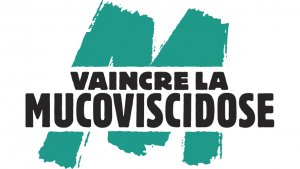Building a water-smart economy and society
There is a growing demand for water from various economic activities and increasing stress on natural water sources. To secure water for our society, there is therefore a need to make available alternative water resources of various qualities and which are appropriate for different functions and multiple users, and to better exploit water resources and all the valuable substances that could be obtained through the wastewater treatment and reuse process.
